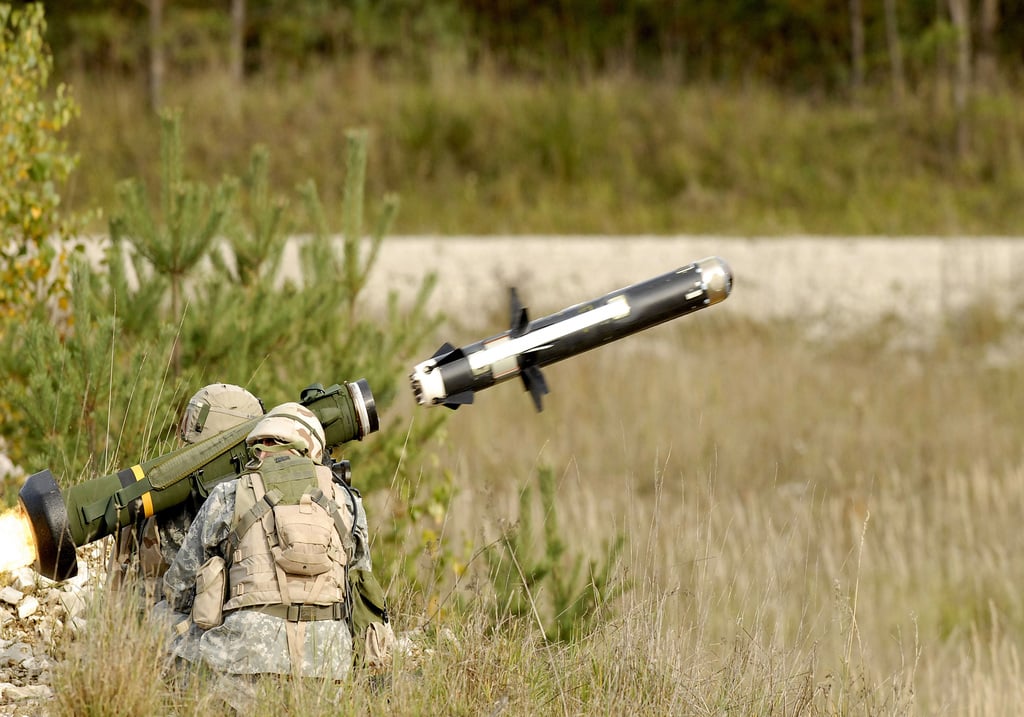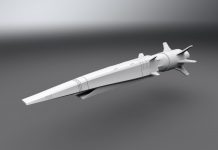
The above image is for representational purposes only.
The British Army has achieved a significant breakthrough by test-firing the Javelin Lightweight Command Launch Unit (LWCLU) at an unprecedented distance, signaling progress in adapting the system for extended-range engagements.
During recent trials, a target was successfully hit from a distance of four kilometers—marking the first time the more compact and lightweight variant of the weapon system has reached such a range.
Lt. Col. Chris Woods of the British Army commented on the achievement, stating that the successful strike at this distance—conducted in Salisbury—demonstrates a clear commitment to the Army’s goal of doubling its combat capability by 2027, in line with the Chief of the General Staff’s directive.
The LWCLU is manufactured through a collaboration between Raytheon (RTX) and Lockheed Martin under the Javelin Joint Venture. Compared to the older Block I Command Launch Unit, the LWCLU is 30% smaller and 25% lighter, which enhances portability and deployment speed for troops, according to RTX.
The newer unit also boasts enhanced performance, with twice the target detection and identification capabilities of its predecessor, and is compatible with all versions of the Javelin missile—past, present, and future.
As a crucial contributor to the Javelin’s supply chain, the UK is expected to produce nearly 4,000 rounds annually by 2026 and up to 900 LWCLUs by the end of the decade. RTX notes that current production levels support £56 million (approximately $75 million USD) of economic activity in the UK each year—a figure anticipated to grow.
In 2022, the UK government submitted a request to purchase 513 Javelin LWCLUs, with the deal valued at around $300 million.




